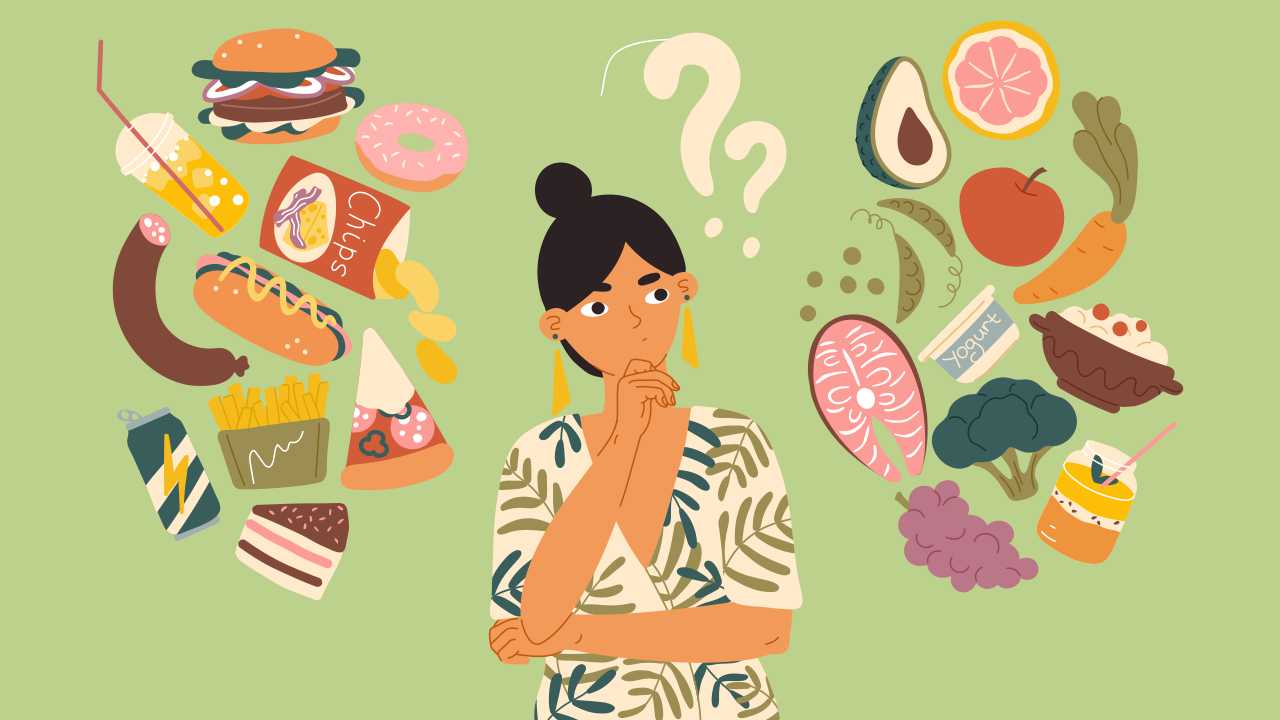Recent research has uncovered a concerning connection between junk food overconsumption and mental health crisis in adulthood. The consumption of highly processed food during adolescence and a life vulnerability is elevated to mental distress.
This revelation stems from a study published in the esteemed Journal of Affective Disorders.
Research About Junk Food Overconsumption And Elevated Mental Distress
The findings, while not entirely unexpected, serve as a poignant reminder of the intricate relationship between dietary habits and mental well-being.
As the paper’s authors elucidate, “Participants exhibiting the highest consumption of ultra-processed food faced heightened odds of experiencing elevated psychological distress.”
The study delved into data derived from the Melbourne Collaborative Cohort Study, a well-regarded source for comprehensive health insights. \
This exploration focused on the enduring mental health repercussions for individuals who indulged in substantial quantities of processed food during their formative years—specifically, between the ages of 13 and 17.
A central discovery emerged: those who exhibited a proclivity for indulging in ultra-processed food during adolescence faced an increased likelihood of grappling with psychological distress later in life, indicating a potential precursor to depression.
The implications of these findings stretch far beyond the realm of diet; they cast light on the intricate interplay between nutrition, mental well-being, and the long-term trajectory of an individual’s psychological state.
As societies grapple with the surge of fast food outlets and the omnipresence of easily accessible processed snacks, this study injects a sense of urgency into the conversation.
Dr. Lousie Arvidsson, the lead author of the paper and a researcher at the University of Gothenburg in Sweden, expounds on the significance of the research: “These findings are in line with the growing body of evidence suggesting that highly processed foods may be associated with an increased risk of mental health disorders.”
The implications of these revelations extend beyond personal choices and into the realm of public health policies.
The formative years, marked by substantial physiological and psychological development, are a critical juncture for laying the foundation of a healthy life.
This study serves as a clarion call for educators, parents, and policymakers alike to emphasize the importance of nutritional awareness and balanced dietary habits among adolescents.
Dr. Arvidsson underscores the gravity of these findings by stating, “It’s important to note that we are not talking about the occasional consumption of highly processed foods here. It’s the regular consumption that has an impact on mental health.”
This clarification highlights the nuance surrounding the study’s outcomes—it’s not merely about the presence of processed food in one’s diet, but the frequency and consistency of consumption that might potentially contribute to mental distress.
While the study sheds light on an unsettling correlation, it’s essential to approach the findings with a holistic perspective.
Mental health is an intricate puzzle influenced by myriad factors, including genetics, environment, socio-economic status, and personal experiences. Dietary habits form a part of this mosaic, but they are not the sole determinants of mental well-being.
In conclusion, this research bridges the gap between dietary choices in adolescence and the potential mental health repercussions in adulthood.
The study serves as a powerful reminder that what we consume during our developmental years can cast a long shadow on our future. However, it’s vital to remember that no single factor operates in isolation when it comes to mental health.
As societies strive for healthier and happier lives, a comprehensive approach that embraces nutritional awareness, mental health support, and holistic well-being is the key to a brighter future.

























